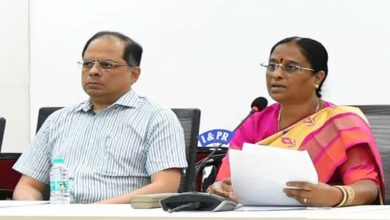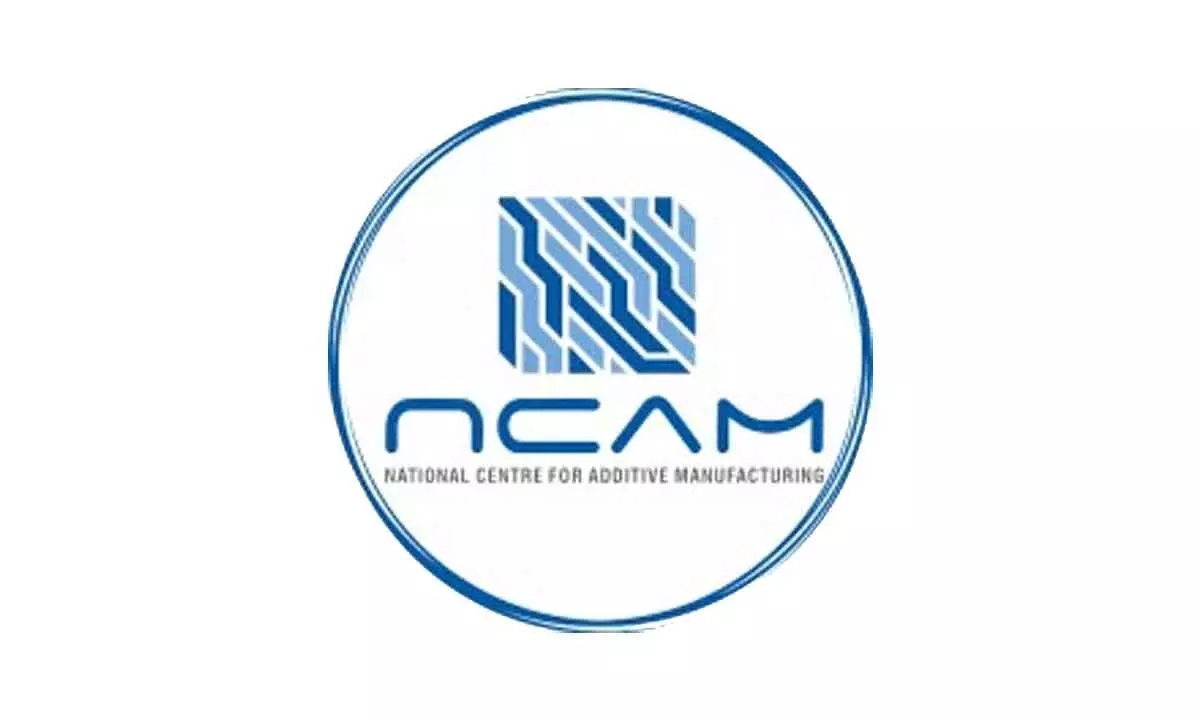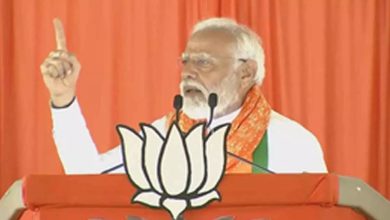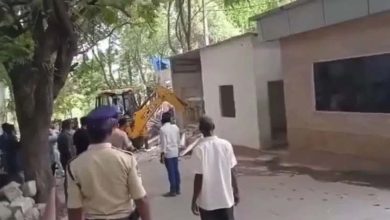Goa: GSPCB to meet stakeholders before finalizing new scrapyard policy

Panjim: Scrap dealers expressed their grievances regarding compliance with the proposed rules for obtaining license and single-window clearance system for scrap-dealing enterprises during the meeting held to finalize Goa’s new scrapyard policy. Appealed to.
It may be recalled that the government is in the final stages of formulating a policy, which is attempting to relocate the scrap yards scattered haphazardly across the state. The previous policy expired in 2019.
In this regard, the Goa State Pollution Control Board (GSPCB) called a meeting with stakeholders at its head office in Pilern, where the All Goa Association of Recyclers (AGAR) aired its grievances. He told that they faced a big challenge in getting permission, but also said that they would not have any problem if they came under the new rules.
He reiterated his demand for a single-window clearance system as he pointed out that at present, obtaining permission from multiple departments is quite a cumbersome task.
The recyclers group brought to the attention of the authorities the fact that there is no policy in the scrap industry, making it difficult for dealers to register or obtain land for setting up scrap processing facilities. It was requested that land should be given to scrap yards in the industrial estate. Despite their decades-long experience in the industry, scrap traders claimed they were having trouble getting their permits renewed.
He further said that some panchayats issue licenses to them, but many panchayats do not do so.
In response to objections received from individuals while collecting scrap metal, scrap dealers also asked that identity cards be issued to scrap collectors.
Apart from AGAR members and scrap dealers, the meeting was also attended by private waste management companies, Indian multinational consumer goods companies, reputed NGOs working in the sector and officials of Goa Waste Management Corporation (GWMC), Panchayats, Municipalities, Corporations. took. , and Goa Industrial Development Corporation (GIDC).
It may be recalled that in November 2023, the GSPCB had released proposed rules for scrapyards. The draft includes several requirements for scrap dealers, including keeping the land used for waste collection drained, fenced and concreted; Recyclable waste must be sent to approved recyclers; And disposal of non-recyclable waste should be done only through authorized channels, such as processing at cement kilns, etc.
According to the proposed rules, registration will be required with the Town and Country Planning Department (TCP), Directorate of Fire and Emergency Services, Panchayat or Municipality, GIDC and other departments such as revenue, health, labor and employment.
Feedback will be integrated into the draft policy: GSPCB Chairman
Panjim: Goa State Pollution Control Board (GSPCB) chairman Mahesh Patil said the board has shared its recommendations with the Goa Waste Management Corporation (GWMC) to finalize the draft scrapyard policy.
Additionally, Patil highlighted that the state government’s initial plan to relocate scrapyards to industrial estates faced constraints due to limited space and scrap dealers faced challenges in obtaining plots within these estates. Fell.
Speaking about the outcome of consultations with stakeholders, Patil assured that the feedback received will be integrated into the draft policy. Emphasizing on the collaborative efforts of the Board and GWMC, he mentioned the launch of the first Scrap Dealers Inclusion Policy.
Recognizing the importance of the existing scrap collection license as a landmark policy, GSPCB officials called for focused efforts to address the diverse situation of approximately 800 scrap dealers in Goa, ranging from illegal and informal to formal.
Officials shared that the objective of their meeting was to discuss the current status of scrap dealers in the recycling supply chain, challenges faced by them during formalization, insights from similar initiatives at the national and global levels and ideas for the upcoming policy. Officials said their intention was to understand the perspectives of various stakeholders, including government institutions (urban local bodies, panchayats), waste generators, industries and the formal waste management ecosystem.





